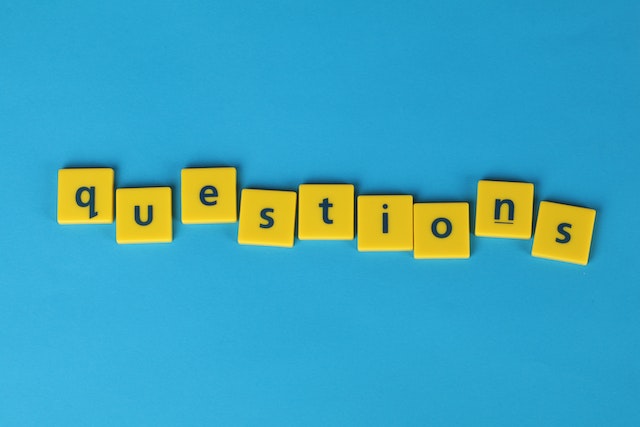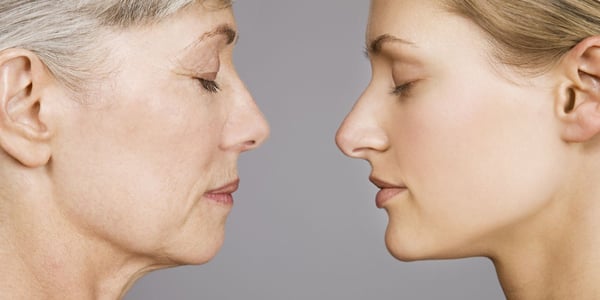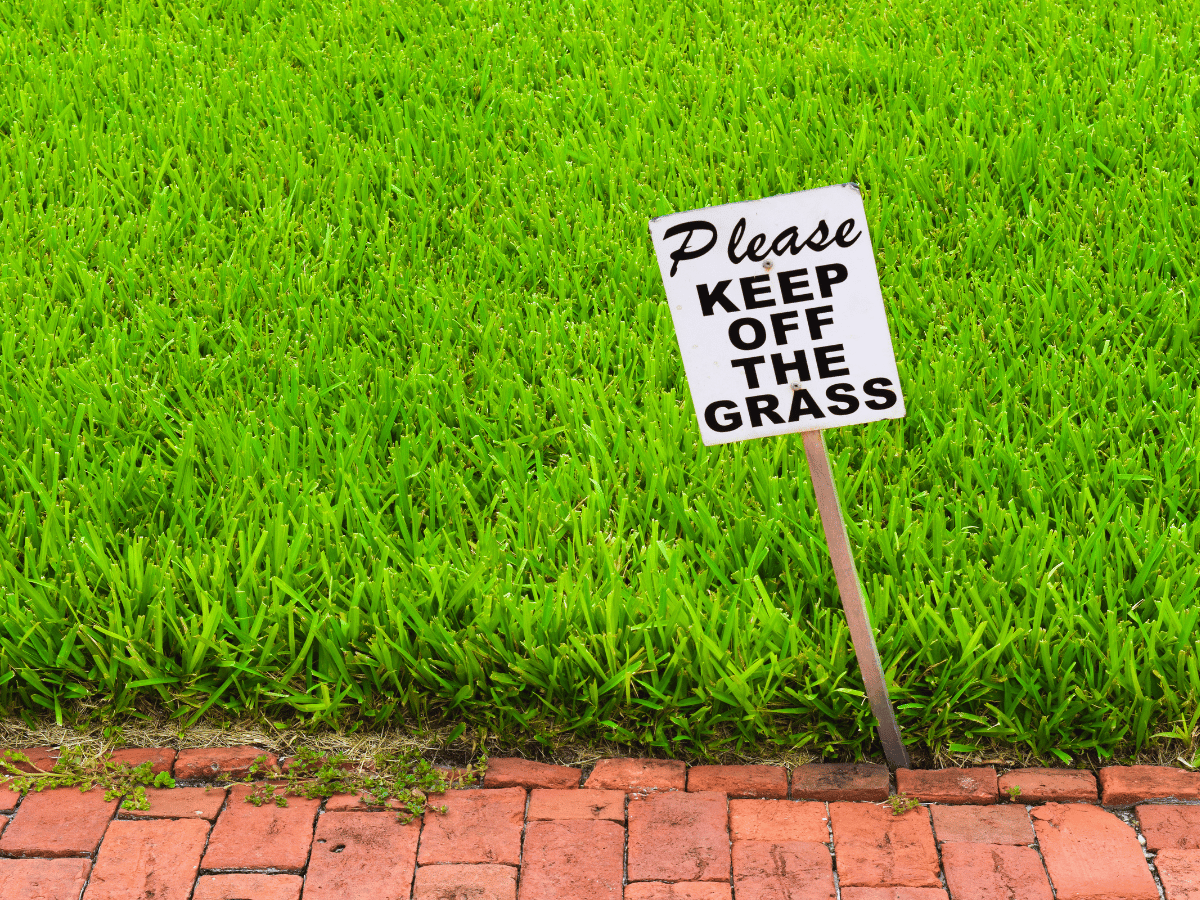It may seem like ADHD symptoms get worse with age because adults have more responsibilities than children. As you get older, you may find that the challenges of life can worsen your ADHD.
But there’s a reason why this happens, and there are many ways to overcome new - or worse - symptoms. There are also a few ADHD symptoms that can actually improve with age!
Let's explore 10 ADHD symptoms and see how they typically change as people grow older.
Adulting with ADHD

Higher education or careers that come with adulthood involve more responsibility and stress than what we experienced in childhood. In other words, the demands of work and family life can exacerbate our unique struggles with attention-deficit hyperactivity disorder, or ADHD.
This is apparent when you factor in additional adult responsibilities, like paying bills, scheduling appointments, and trying to finish daily chores.
The good news: ADHD symptoms don’t worsen for everyone—especially if we’re equipped with the knowledge and tools we need to cope!
ADHD symptoms
Adults with ADHD may notice changes in ADHD symptoms as they age, which include:
- Attention
- Hyperactivity
- Impulse control
- Working memory
- Emotional regulation
How does ADHD affect us as we grow older?
It’s important to remember that there are many potential reasons your ADHD symptoms may change with age, but what are the specifics?
Symptoms that usually get worse with age
Working memory
Working memory deficits are a common ADHD struggle already, but it also worsens with age for most adults.1
❓ Why this happens: As you have more life experiences, you store more things in your memory. Unfortunately, that affects our ability to recall things like past experiences, peoples’ names, or whether or not you’ve taken your medication today.
Brain fog
Many ADHDers report brain fog as a daily struggle, which includes feelings of sluggishness, exhaustion, and a general haze around our ability to think clearly. As we age, brain fog naturally increases.2
So, if you have ADHD, you can expect your existing brain fog to worsen.
Symptoms that usually improve as you get older
Emotional regulation
Emotional dysregulation can actually improve as you get older, likely due to the wisdom and emotional maturity we gain in life. Adults’ ability to regulate emotions can reduce things like overwhelm or frustration, and improve how well we maintain relationships.
Hyperactivity
In the past, the theory was that as children got older, they outgrew their ADHD. Now we know that this is rare—most cases continue into adulthood.3
Experts have known that hyperactivity can decrease with age, so this would apply to people with ADHD - presumably - as well. A long-term study observed boys with ADHD; and researchers found a decrease in hyperactivity over time.4
Impulsive behaviors
In the same study, researchers also found that impulsive behaviors decrease with age.
Symptoms that usually stay the same
While the above ADHD symptoms regularly change over time, some are more likely to remain constant into adulthood, including:
- Disorganization
- Time blindness
- Restlessness
- Difficulties paying attention
- Motivation deficit and procrastination
How to manage ADHD as you age

The following options are routes you can take to cope with your ADHD symptoms as you grow older:
Medical and therapeutic interventions
1. First thing’s first: get an ADHD diagnosis
It can be harder to diagnose ADHD in adults, but it’s not impossible. It’s more common for women to go undiagnosed and untreated well into adulthood5, usually because of typical gender differences in symptom presentations. But not everyone fits that mold.
2. Ask your doctor about ADHD medication
Stimulant medications are commonly used to treat ADHD. They include:
- Ritalin
- Adderall
- Vyvanse
- Concerta
- Focalin
- Dexedrine
Depending on your age, your doctor may also have to consider the risks. In older patients, this drug class increases the risk of cardiac events, such as irregular heartbeat, rapid heart rate, higher blood pressure, and heart attack.
3. Find a therapist that you vibe with
A therapist can help with various aspects of ADHD, including emotional regulation. They can also help you develop coping and mindfulness strategies to help manage stress, which can exacerbate most ADHD symptoms.
A therapist that specializes in ADHD is what you should look for, as they're more likely to understand your challenges.
For work and school
Take advantage of ADHD accommodations
If you're attending college with ADHD, you should take full advantage of the available resources that are required of universities by law. These accommodations are designed to give you an even playing field with neurotypical students.
Depending on your field of work, you may also qualify for job accommodations. Check out our work and school collection for more information.
Managing ADHD in your personal life
1. Discuss how ADHD affects you with your friends and family
Your support system can significantly impact your ability to manage ADHD. For example, people with ADHD tend to do better with routines if their family and friends are willing to help with accountability.
2. Find tools that work for you
It’s 2023, which means there’s definitely an app for that. For example, Inflow provides comprehensive learning modules so ADHDers can learn all about how ADHD affects them.
3. Find people like you
Consider attending support groups for ADHDers, or finding an online community that you relate to. This will confirm that you’re not alone with your struggles, and can even teach you about coping mechanisms you hadn't thought of previously.
Habits to adopt
1. Get regular exercise
Over time, exercise can help you maintain attention by increasing neurotransmitters, like serotonin, norepinephrine, and dopamine.6
2. Improve your sleep
Sleep can also help with memory and attention. Consider setting a routine before bed and avoiding caffeine later in the day.
3. Set realistic goals for yourself
Don’t expect to completely overcome your ADHD symptoms overnight. Instead, focus on setting achievable goals by honing in on one symptom at a time—find tools to help you manage it alone, or prioritize it with your therapist.
Frequently asked questions

Does ADHD get worse with age?
It depends on your situation. Were you diagnosed as a child or adult? Are you going through big life changes that can affect your ADHD, such as menopause or hormone replacement therapy? Those can affect your symptoms, too.7
ADHD symptoms definitely change with age, but some symptoms—impulsivity, hyperactivity3 —can improve with age… while others—working memory, brain fog1,2—typically worsen.
At what age does ADHD peak?
Generally, ADHD is ‘at its peak’—regarding symptom severity—during childhood, but it depends on the individual. The prefrontal cortex (brain region most involved with ADHD) isn’t fully developed until age 25, so symptoms may decrease in severity at that time.
On the other hand, adulting responsibilities increase as we age, which could amplify ADHD symptoms. Additionally, cognitive functioning declines around middle age, which can also worsen symptoms.
Is there anything I can do for worsening ADHD?
Just as your symptoms changed, your management strategies will need changing, too. You may can try ADHD apps, therapy, or medication—if you haven’t already. Lifestyle adjustments can also aid in symptom improvement.
Can I get accommodations for my newly-worsened ADHD symptoms?
Yes! Find more information about college accommodations here, and information on work accommodations here and here.








